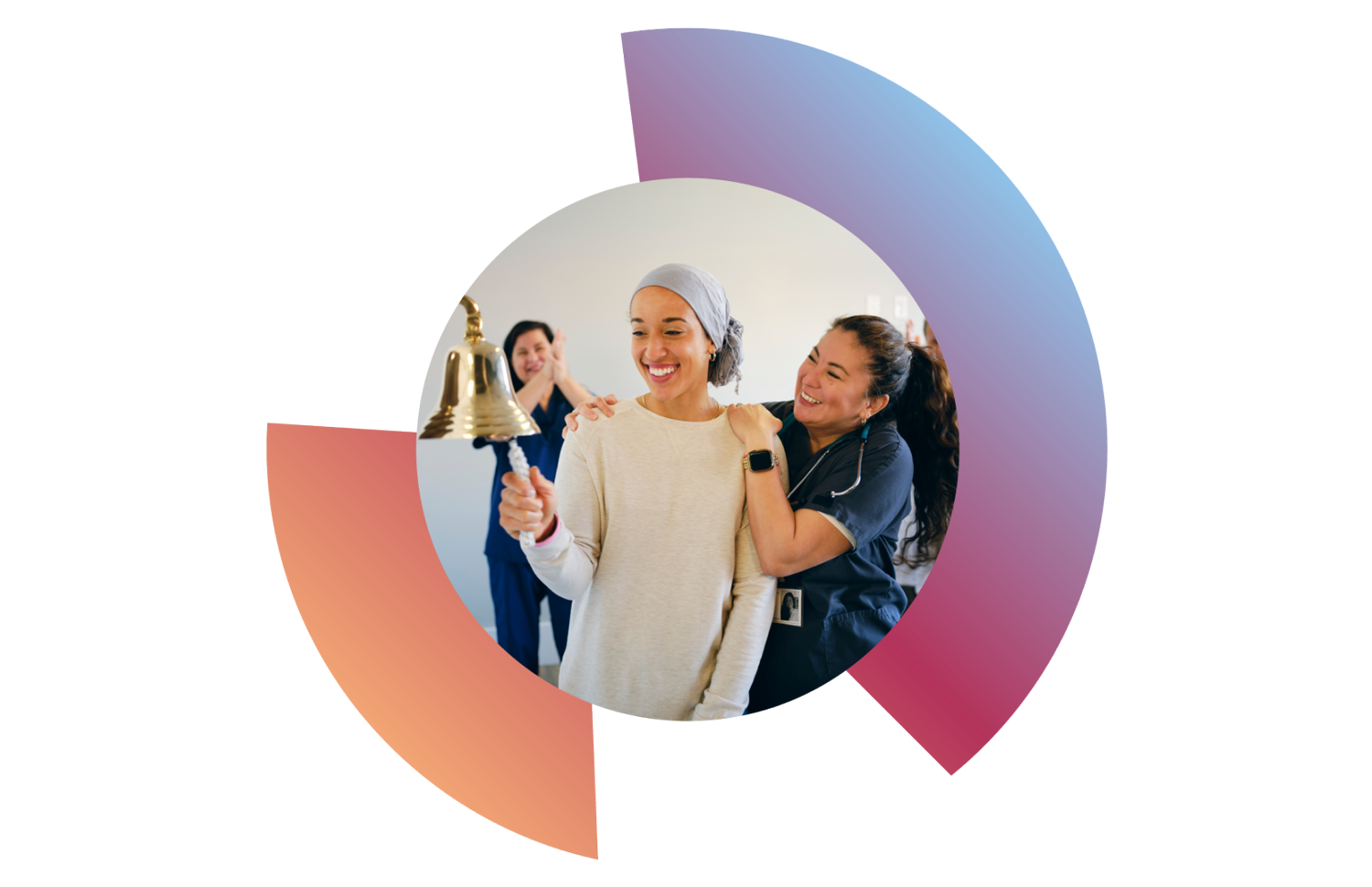We're Here for It.
Whether it's your first day, best day, or worst day, we're here to meet you where you are. Across Western New York, the Finger Lakes, St. Lawrence County and beyond, we proudly serve the communities we live in. We're here to treat you as a whole person. We're here to treat you with respect and the dignity you deserve. Whatever you need, from every age, to every stage, every smile and every symptom. Whatever it is, we're here for it.
Where Your Experience
Meets Ours
Whether for a wellness exam, a new worry, or a chronic condition, it matters. We treat you not as a number but someone with a name, not just as a patient but a community member, like every one of us.
Our experience is nation leading, neighbor driven, rooted in generations of real-life care right here. And your experience is your life, your pain, and your hope. So we start with listening to your heart and what’s on your mind, and then we put knowledge—yours and ours—into practice.
Together, we find the best way forward to where you want to be.
We’re Here for You
When it comes to community, we do more than treat patients — we partner, educate, employ, connect, and heal because we belong to the communities we serve. Our approach is personal, treating you as a valued community member, not just a number. You inspire us every day, and your stories drive us to provide the best care possible. Explore these inspiring patient stories and see how our commitment to care makes a difference.
Chelsea faced an incredible challenge when she discovered she had stomach cancer during her pregnancy. With courage and resilience, she overcame this battle, only to face cancer again. Throughout her entire journey, we were there to support her every step of the way.
After years of struggling with his weight, Scott Diem – affectionately known as Scotty D – found himself in a deep depression, weighing in at over 400lbs. Scotty reached out to Rochester Regional Health’s expert Bariatric Surgery Team, headed by Dr. Dilendra H. Weerasinghe. Together they worked on a customized treatment plan to help get Scotty out of his chair and back to his life as a musician, writer, and retired business owner.
When 32 year old Sydney’s heart unexpectedly failed, over 50 team members across Rochester Regional Health came together to save her life. She has since made a remarkable recovery.
As the youngest to receive a Tricvalve implant in the Americas, Wanda suffered from tricuspid regurgitation which caused her to suffer from major fatigue, swelling, nausea, and trouble breathing. Thanks to Dr. Depta, Dr. Hall, and the Structural Heart Program at the Sands-Constellation Heart Institute, Wanda has improved significantly and can walk, eat, and sleep better. She looks forward to being able to live a longer and healthier life.
Living our Purpose to Uplift Humanity Through Care for our Community.
Each and every day, we live our purpose to uplift humanity through care for our community. We embrace our core values and pursue our vision of a better future for healthcare.
Now, we want our identity to reflect who we truly are and who we’re becoming as a health system.
Hear from Chief Marketing Officer and Executive Vice President of Community Affairs, David Simpkins, as he shares how Rochester Regional Health is fulfilling this promise and commitment to our patients and our community.

Looking ahead, we’re excited to keep pushing the boundaries of healthcare.
We’re pioneering new models of care that harness the power of technology, data, and human connection to deliver better outcomes and experiences. We’re investing in groundbreaking research and fostering a culture of continuous learning and improvement.
Most importantly, we’re reaffirming our commitment to you, our community. We’ll continue to evolve and grow to meet your changing needs, but our core promise remains the same: to be your trusted partner in health, dedicated to uplifting your well-being in every way we can.
